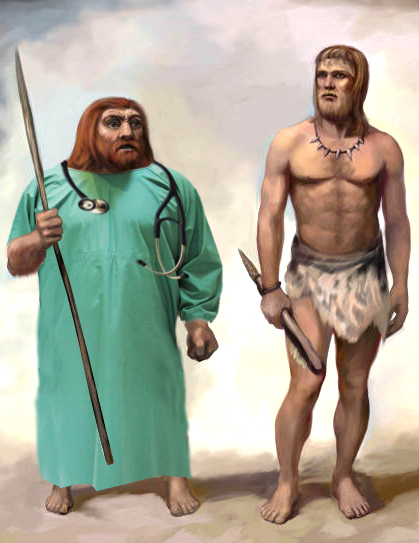Plotting illness on longer scale
 New findings are leading experts to look at cancer on a much longer timescale.
New findings are leading experts to look at cancer on a much longer timescale.
A local team is eager to investigate if evolution can determine cancer development and even fight the disease.
It comes in the wake of exciting new findings that show evolution follows predictable pathways.
Deakin University experts have found that a mutant gene in goannas caused some to fall victim to cane toad toxins, while others suffered no ill effects. They say it could translate across the animal kingdom and through diseases, including for humans and cancer.
The research shows predictable evolution could be more common than previously thought, according to researcher Dr Beata Ujvari.
“It makes sense that evolution would therefore play a role in the development of other genes responsible for pathogen and disease resistance, including cancer development and progression,” Dr Ujvari said.
During their recent study the researchers investigated the genetic makeup of goannas from Asia, Africa and Australia, specifically to find out why some fell victim to toxins produced by toads, while others were resistant.
“Australian goannas, which do not have the mutation, die when they feed on introduced toads, while African and Asian goannas often ate the toads without suffering any ill effects of the toad toxin,” Dr Ujvari said.
“Our study fundamentally changes how we think about evolution, and how genetic mutations occur.
“Deterministic evolution is potentially much more common than we have previously thought. Therefore, apart from toxin resistance, our study has much broader implications for ecology, conservation biology, evolution and medicine too.”
Co-researcher Professor Thomas Madsen said that most biologists believed that evolution followed a more or less random pattern.
“Our study is one of the first to show that evolution can follow highly predictable paths,” Professor Madsen said.
“So, for example, if animals have adapted to certain climatic conditions via predictable evolution, they have then been locked into a specific evolutionary path and will be unable to adapt to changing environmental conditions, such as rising temperatures.”
“We are eager to now broaden our investigation and study whether deterministic evolution affects genes involved in pathogen resistance, growth rate and cancer.”







 Print
Print